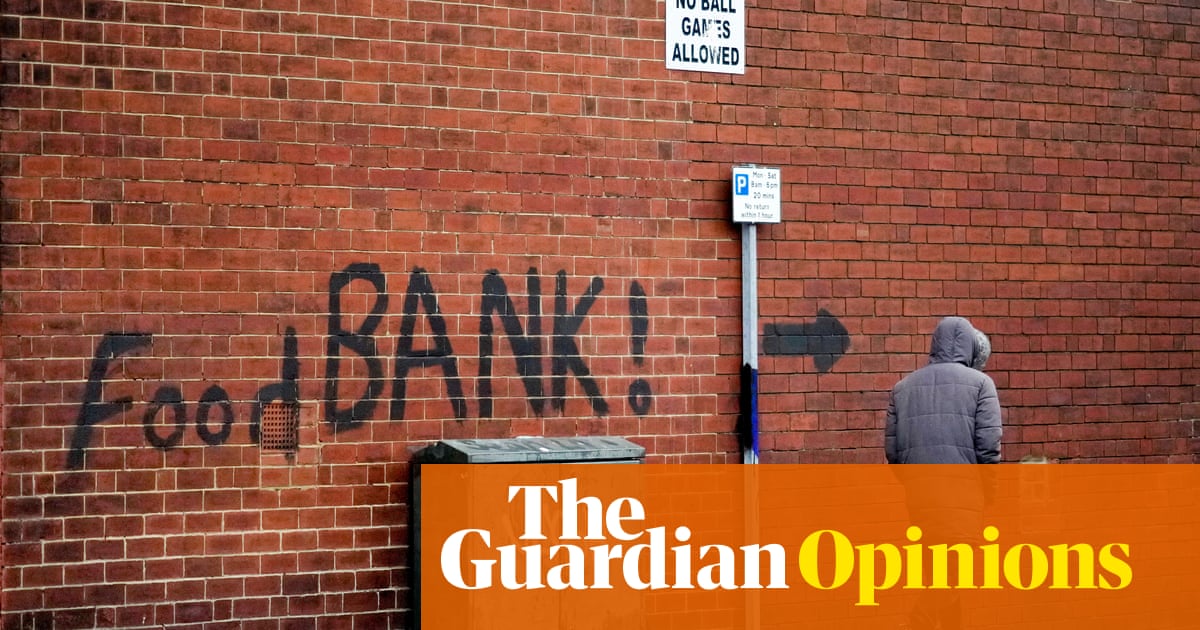
When I became involved with Fossil Free Books in March, I did not anticipate how toxic the name Baillie Gifford would become, or how quickly. The firm, once thought of as a benevolent supporter of the arts, is now better known for its investments in environmental destruction. Nine literary festivals and three art galleries are no longer receiving funding from Baillie Gifford. Such shifts may not feel like victories, but in several important ways they are.
Fossil Free Books came together last summer after Greta Thunberg announced she was pulling out of the Edinburgh international book festival amid concerns over the fossil fuel investments of its sponsor, Baillie Gifford. At the time, Baillie Gifford stated that its investments in fossil fuels were 2% compared with an industry standard of 11%. Which raises the obvious question: if these investments are so low, then surely divestment is not so hard to achieve without denting profits?
Then, in December 2023, the Don’t Buy Into Occupation Coalition named Baillie Gifford as one of the top 50 European investors in illegal Israeli settlements in the occupied Palestinian territories. Not only do these investments contravene international law and UK government legal advice, but also, as Bruno Stagno of Human Rights Watch has said, “to do business with illegal settlements is to aid in the commission of war crimes”.
It has since been reported that Baillie Gifford also invested £61m in Babcock International, a large UK defence company that is linked to state-owned Israeli arms manufacturers. The value of shares in Babcock International increased significantly after the 7 October attacks in 2023.
In other words, Baillie Gifford is not, and has never been, a sustainable or ethical source of funding for the arts. It has responded to scrutiny by pulling its funding from festivals and trying to discredit Fossil Free Books, rather than, say, reconsidering its investments.
Meanwhile, the serious business of building a more sustainable cultural ecosystem has already begun. Fossil Free Books and other collectives of cultural workers are in conversation with festivals and other arts organisations to help develop more robust and ethical funding policies. Alternative funding possibilities are already emerging.
Fossil Free Books has been responsible for pointing out a broken funding system and trying to improve it. But in truth it should never have got to this point. The idea that there is no money for the arts – and that therefore we must turn to companies that profit from arms and fossil fuel extraction – is simply not true. When it comes to public funding, austerity has always been a political choice. To take just one example: abandoning HS2 at the drawing board would have freed up enough money to cover every single one of Arts Council England’s National Portfolio Organisations for the next 140 years. There is also plenty of money in the books industry: Lagardère, for example, the parent company of Hachette, publisher of my 2021 book, reported a rise in pre-tax profits last year to £445m.
What has struck me throughout this whole saga is that knowledge of Baillie Gifford’s investments, including its holdings in Babcock International, raises a number of serious questions to be asked of cultural managers who accepted funding from the firm. Did these cultural organisations ever ask Baillie Gifford if it invested in arms companies? If so, what answers did Baillie Gifford give? And how did these answers square with their own ethical funding criteria?
Edinburgh international book festival states that “we would not accept donations where they directly originate from one of the following categories: fossil fuel operators; proceeds of crime; arms manufacturers; tobacco companies; human rights violators; modern slavery”. This may sound clear, but the phrase “directly originate” is key, with the two words apparently contradicting one another. “Directly” indicates where money came from most recently, while “originates” acknowledges a deeper chain of connections. The sponsorship under consideration comes “directly” from Baillie Gifford but it “originates” in at least three of the festival’s own prohibited categories.
Ambiguous ethical funding policies and a failure to adhere to them are understandable responses to politically imposed austerity. But we expect more from our cultural institutions – especially now. In the context of what Blinne Ní Ghrálaigh, an adviser to South Africa’s legal team at the international court of justice (ICJ), described as “the first genocide in history where its victims are broadcasting their own destruction in real time”, it is imperative that organisations complicit in the violence should be placed under heightened scrutiny.
The furore over festival funding is obscuring the real issue here, which is that in the last nine months Israel has slaughtered more than 37,000 people in Gaza, most of whom were civilians. “The Nakba is a structure, not an event,” argues Ardi Imseis, assistant professor and academic director at Queen’s University, Ottawa. And this ongoing structure could not be maintained without the approval of western governments and the involvement of western corporations. That is why divestment matters – because it works.
The people involved in Fossil Free Books stepped up because they no longer wished to remain powerless in a world falling apart. They used their collective power to work for better futures alongside many other global movements. Our work will not stop until we achieve a books industry free from the profits of fossil fuels and the arms industry.
Tom Jeffreys is a writer and an organiser with Fossil Free Books












